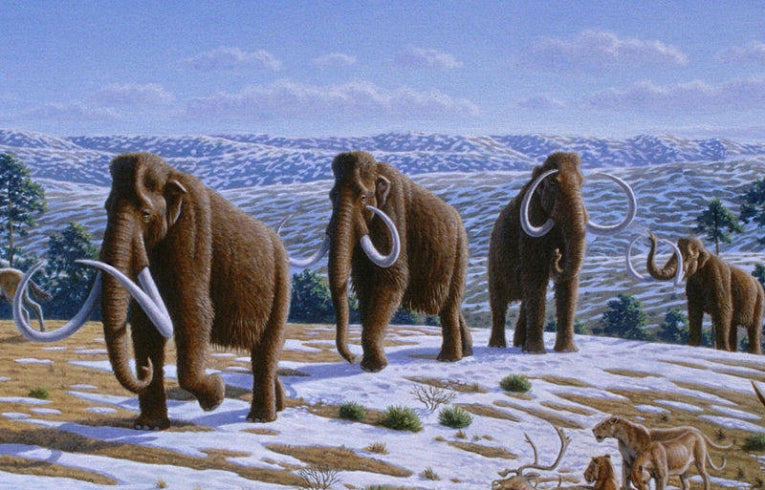Mammals cope with climate change better with greater diversity, according to a new study. Researchers from Vanderbilt University investigated how mammals in North America adapted during 56 million years of climate change.
They looked at the deep time period, which ran from the Eocene Epoch to the mass extinction of the Pleistocene period around 12,000 years ago, which wiped out creatures such as saber-toothed tigers, mammoths and the giant sloth.
The idea of the study, which has just been published in the Public Library of Science One journal, was to draw up a baseline for mammals, which is vital as their very adaptability makes it hard to estimate their response.
Mammals can radically change their size and diet when environmental factors change and they can also travel to escape.
Vanderbilt assistant professor of earth and environmental studies, Larisa R. G. DeSantis, who led the research, says, "Before we can predict how mammals will respond to climate change in the future, we need to understand how they responded to climate change in the past. It is particularly important to establish a baseline that shows how they adapted before humans came on the scene to complicate the picture."
Researchers from the Tennessee university followed the changes in the diversity and range of mammals. It is believed that the range of mammal fossils discovered is complete, but it is often difficult to tell the difference between related species or even genera, so researchers examined 35 families from mammoths and horses to mice and rabbits.
They discovered the distribution and range of the families remained much the same during climate changes through the period. At the beginning temperatures were around six degrees hotter than now, which meant there was no ice at the poles, and they fell to just above current levels.
Next came a big temperature fall followed by a big rise and then Ice Ages that varied between cold periods with warmer interglacial times in between.
The researchers found that the majority of mammal families coped well with environment and climate change.
The family that was most widespread was horses. Other families with a limited range had more restricted range areas.
The researchers showed that mammals largely occupied the same niche in Deep Time and reinforced the theory that families may inherit their ranges from their ancestors.
Many models that examine how mammals currently respond to climate change assume that niches are preserved through time.
The research also discovered that families with more diversity had more stability and increased ranges. Families with a greater number of species filled more niches and maintained bigger ranges, the study found.
Many families experienced ups and downs, but numbers often remained much the same overall. Generally, they tended to move south and east to combat climate cooling, but the evidence may have been made more difficult to interpret because of the 'Great American Interchange' during the formation of the Isthmus of Panama.
The part that diversity plays in the adoption of mammals is crucial because more species than ever have been made extinct since the 1600s.
In fact, the International Union for the Conservation of Nature study four years ago, predicted that 25% of global land mammals faced being wiped out. This means that just as climate change is occurring, the diversity of mammals is decreasing.
The other authors of the research were graduate students Rachel A. Beavins Tracy, Cassandra S. Koontz, John C. Roseberry and Matthew C. Velasco. The research was funded by Vanderbilt University.










